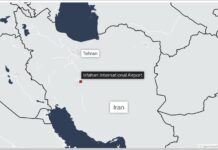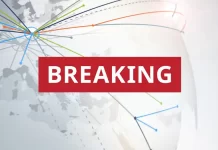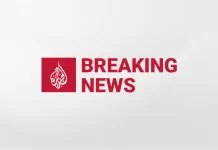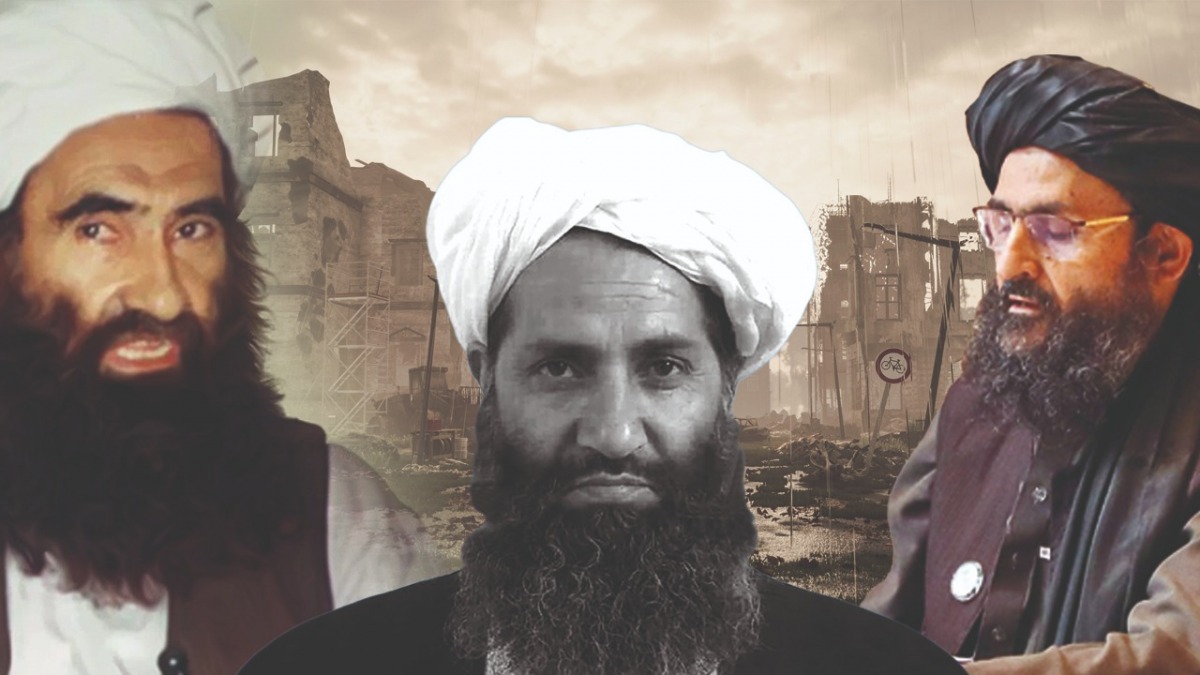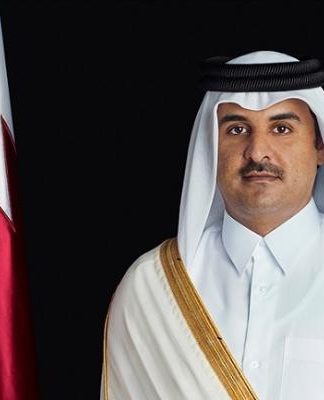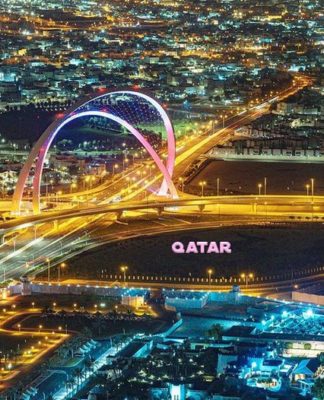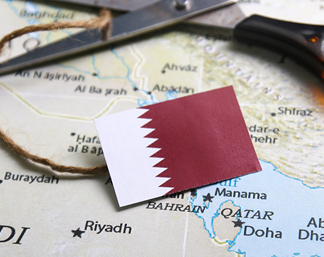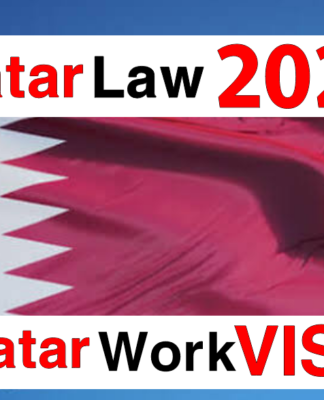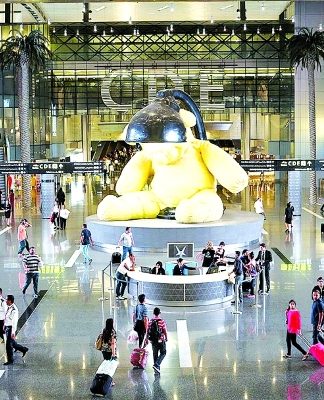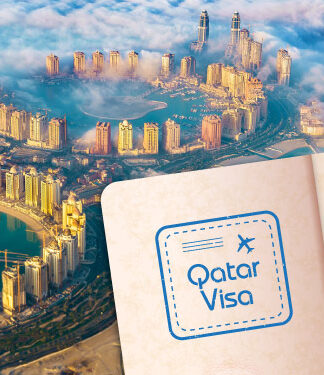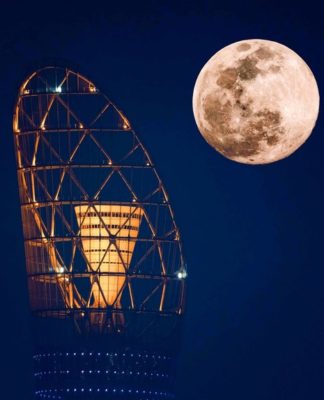After the Taliban took control of Afghanistan, following the fall of the cities, successively, within days, many observers wonder about the secret of the power of the Taliban movement, who rules it and who are its leaders, and how it managed, with medium and light weapons, to control a country with an army of 300,000 fighters fortified with American planes. , so swift and courteous.
Questions are increasing during the last hours about the people who lead this movement, whose names have remained a subject of ambiguity for many. Who are these people and what role did they play within the movement?
At the outset, it must be admitted that the development of the military and political performance of the Taliban movement is remarkable, and it is a movement that was suffering from what can be described as political superficiality during its early stages and involved it in a conflict with the most powerful country in the world, and it seems that there is a generation of new Taliban leaders who are behind this development In the performance of the movement, which has a number of combat elements of 75,000, according to a report by the American CNN website.
Mullah Prestige and Abdul Ghani Barader
The developments led to the emergence of a new generation of Taliban leaders, who were contemporary but different from the movement’s founder, Mullah Omar.
Currently, the Taliban is led by two men, the first of whom is Mullah Haibatullah Akhundzadeh, nicknamed “The Reckless”, while Mullah Abdul Ghani Barader, known as the skilled strategist, and one of the movement’s founders, heads its political wing.
Zadeh was appointed Taliban leader in May 2016 during a swift transition of power, days after the death of his predecessor, Akhtar Muhammad Mansour, who was killed in a US drone strike in Pakistan.
Prior to his appointment, little was known about Akhundzadeh, who had hitherto been more interested in judicial and religious matters than in the art of war.
The religious scholar Haibatullah Akhundzadeh was very influential within the movement, as he led the judiciary, but analysts see his role at the head of the Taliban as more symbolic than practical.
Akhundzada is the son of a religious scholar, originally from Kandahar, the heart of the Pashtun region in southern Afghanistan and the birthplace of the Taliban.
Akhundzada assumed the delicate task of uniting the Taliban after the death of Mullah Mansour, and revealed that the movement had hidden for years the death of its founder, Mullah Muhammad Omar. Al-Qaeda leader.
The de facto leader of the Taliban
Abdul Ghani Baradar, the de facto leader of the Taliban, has emerged as the undisputed victor in the 20-year war, the Guardian reports.
Pakistan had released Baradar 3 years ago at the request of the United States, which wanted to speed up the Afghan peace talks at the time.
While Haibatullah Akhundzada is the general leader of the Taliban, Baradar is its political leader and the Taliban’s most publicly known leader. It was said that Baradar went from his office in Doha to Kabul on the evening of Sunday 15 August, and said in a televised statement about the fall of Kabul that the real test for the Taliban movement is still in its infancy and that they must be at the service of the nation.
The story of Prader’s life since he came of age is intertwined with the story of the cruel conflict inherent in the country throughout its modern history.
Abdul Ghani Barader was born in the Afghan province of Uruzgan in 1968, and fought in the ranks of the Afghan mujahideen against the Soviets in the 1980s. After the Russians were expelled in 1992 and the country fell prey to civil war between rival warlords, Baradar set up a school in Kandahar with the movement’s former leader and son-in-law, Mullah Muhammad Omar. Together, the two men founded the Taliban, a movement led by Muslim scholars who dedicated their lives to establishing Islamic law in the country and establishing an Islamic emirate.
Thanks to their religious zeal, pervasive hatred of Afghan warlords, and massive support from the Pakistani intelligence agency, the Taliban swept their way to power in 1996 after a series of stunning conquests of state capitals that took the world by surprise, just as the movement has done in recent weeks.
skillful strategist
Baradar, Mullah Omar’s deputy, was widely known as an influential strategist, and a key architect of those victories.
Baradar held successive military and administrative roles in the five-year Taliban regime, and by the time the United States and its Afghan allies ousted the movement, he was deputy defense minister.
Over the past twenty years of Taliban exile and resistance to the US occupation, Baradar has a reputation for being a capable and politically shrewd military leader.
The Americans pinned their hopes on his moderation, but feared his military competence
In 2001, after the US invasion of Afghanistan and the fall of the Taliban regime, Baradar was said to have been part of a small group of militants willing to agree to an agreement recognizing the Kabul administration, but this initiative failed, according to a report by Al Jazeera Net.
Western diplomats calculated him on the wing of the Quetta Shura – the regrouped Taliban leadership in exile – the movement’s wing most resistant to Pakistani intelligence control, and most amenable to political contact with the Afghan government in Kabul.
Nevertheless, the Obama administration’s fear of his military experience was greater than its hopes for his moderate inclinations.
Thus, the CIA tracked him as far as Karachi, Pakistan in 2010, and in February of that year persuaded the ISI to arrest him.
About this, a former US official says: “The fact is that Baradar was arrested for his role in the war, not on the basis that he would suddenly participate in peacemaking. In fact, the main reason why the Pakistanis kept him imprisoned all these years was that the United States asked them to.”
He negotiated until he achieved victory for the Taliban.. Did he deceive the Americans?
But in 2018, Washington’s position changed and Trump’s envoy on Afghan affairs, Zalmay Khalilzad, demanded the Pakistanis release Baradar so he could lead negotiations in Qatar, on the belief that he would agree to a power-sharing arrangement between the Taliban and the pro-US Afghan government. However, the former official says, “I’ve never seen any real proof of this point, but it somehow spread like mythological ideas.”
Baradar is respected by the various Taliban factions, and then he was appointed head of their political office in the Qatari capital, Doha, where he led negotiations with the Americans that led to the withdrawal of foreign forces from Afghanistan, and then peace talks with the Afghan government, which resulted in nothing.
Barader signed the Doha agreement with the United States in February 2020, an agreement that the Trump administration has described as a breakthrough toward peace, but which now appears more like a stepping stone toward a complete victory for the Taliban, according to the Guardian.
The US-Taliban agreement to stop the fighting was to be followed by power-sharing talks between the Taliban and the Kabul government headed by Ashraf Ghani. There was little progress and stumbles in those talks, and it is now clear that Baradar and the Taliban were buying time, waiting for the Americans to leave and preparing for their final offensive. It is behavior consistent with Prader’s life, which taught him patience and confidence in the victory that comes at the end, according to the description of the British newspaper.
Sirajuddin Haqqani..the extremist wing and the most powerful
Sirajuddin Haqqani is the son of one of the most famous leaders of the anti-Soviet jihad, Jalaluddin Haqqani, one of the most prominent leaders of the Taliban, as he is the second man in the movement and the leader of the powerful network that bears his family’s name.
Washington considers the Haqqani network founded by his father a terrorist and one of the most dangerous factions fighting US and NATO forces in the past two decades in Afghanistan.
The Haqqani network is known for its use of suicide bombings, and is credited with some of the most violent attacks in Afghanistan in recent years.
He was also accused of assassinating some senior Afghan officials and holding Westerners hostage before releasing them for ransom or for prisoners, such as US soldier Bo Bergdahl, who was released in 2014 in exchange for 5 Afghan detainees from Guantanamo Bay.
The Haqqani fighters, known for their independence, fighting skills and lucrative trade, are apparently responsible for Taliban operations in the mountainous regions of eastern Afghanistan, and are believed to have a strong influence on the movement’s decisions.
Mullah Yaqoub Muhammad Omar.. Heir to the founder
Mullah Yaqoub is the son of Mullah Muhammad Omar and the head of the military committee that wields great influence in the Taliban, where it decides the strategic directions of the war against the Afghan government.
His association with his father, who was revered by the movement’s fighters as the leader of their movement, is a unifying factor for such a broad and diverse movement. However, his role within the movement remains the subject of speculation, and some analysts believe his appointment as chair of this committee in 2020 was merely a symbolic measure.





